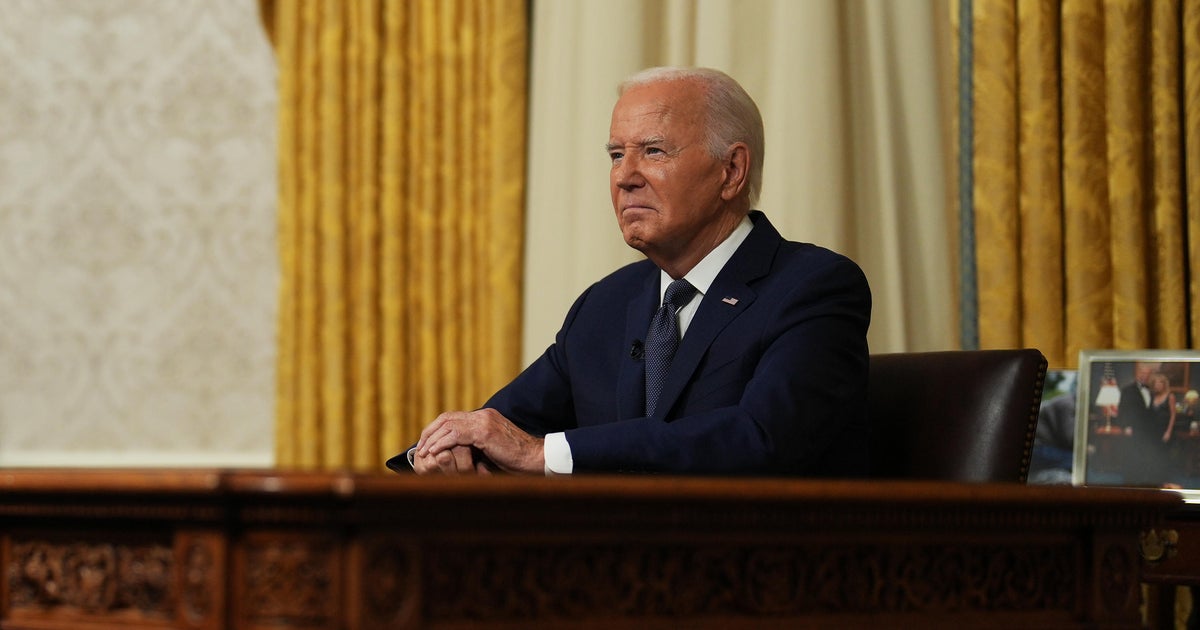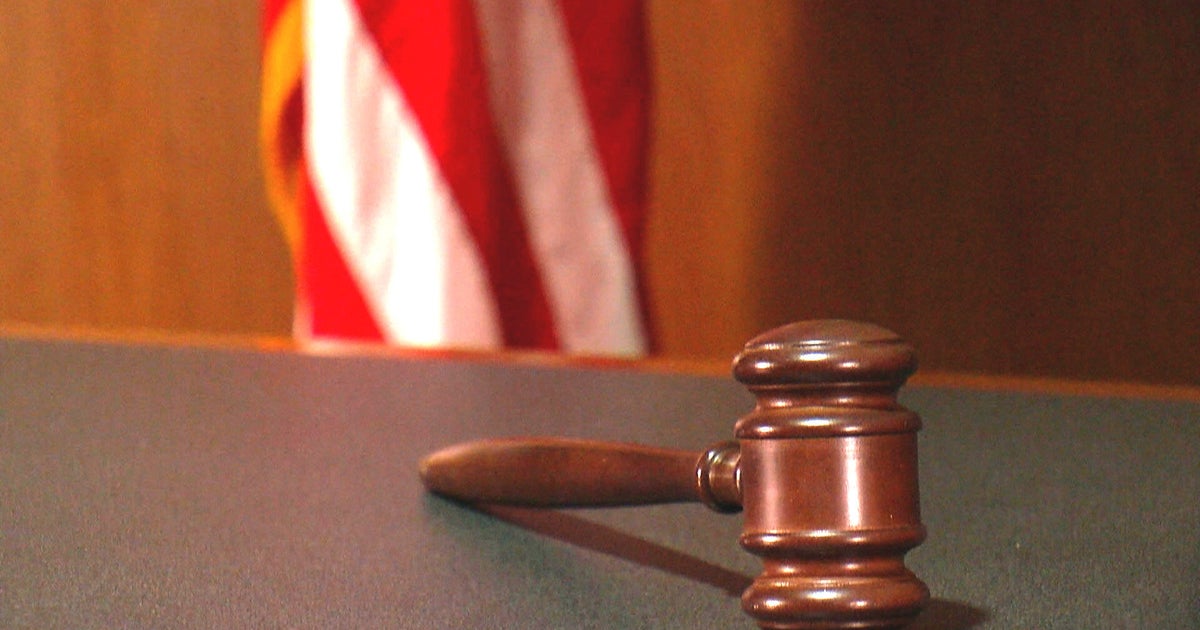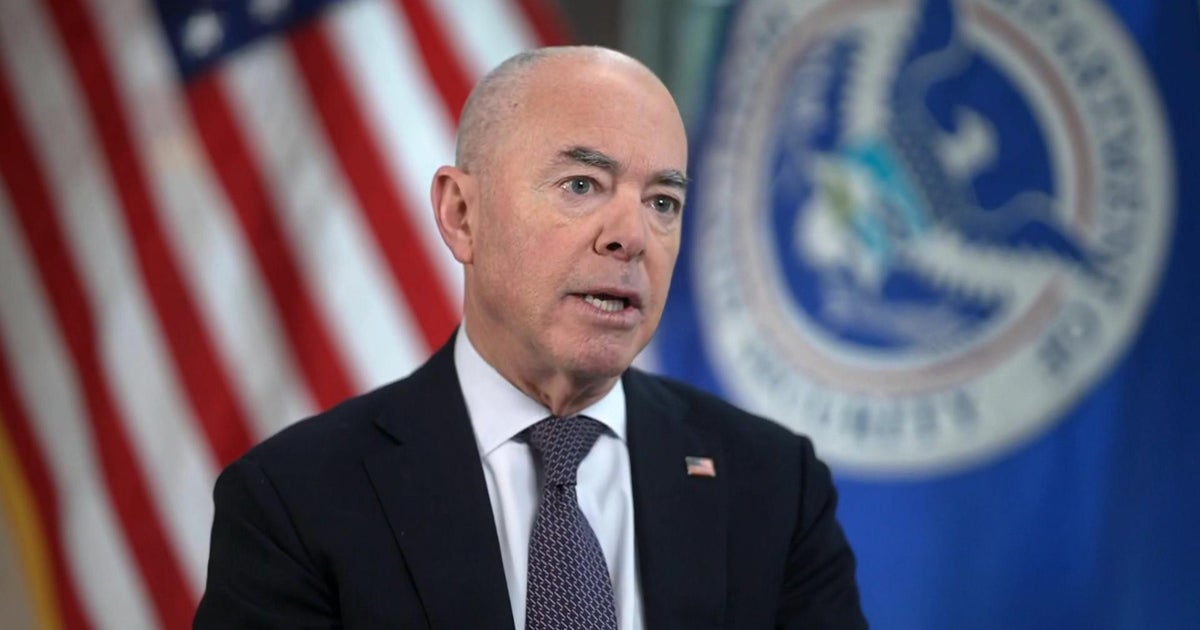Still no China trade deal, and investors are getting jittery
Wall Street analysts fear that U.S. congressional support for pro-democracy activists in Hong Kong could imperil a preliminary trade deal between the U.S. and China.
Stoking those concerns was the Senate's move on Tuesday to unanimously pass a bill to support human rights in Hong Kong following months of anti-government protests. The House passed similar legislation late Wednesday, and the measure will now go to President Donald Trump for him to veto or sign into law.
China condemned the Senate's passage of the bill, which was introduced by Florida Senator Marco Rubio, and threatened "strong countermeasures."
"We do not know what these 'strong countermeasures' entail, but it seems entirely possible that any Chinese retaliation would be enough to upend negotiations as Trump tries desperately to maintain the upper hand in leverage," Height Securities analyst Clayton Allen said in a note.
Stocks slid Wednesday amid signs of investor concern about the world's two largest economies reaching a formal truce on trade. Reuters reported Wednesday that the discord may push "phase one" negotiations into 2020.
Ned Rumpeltin, European head of FX strategy at TD Securities, said the Senate's unanimous passage of the bill supporting human rights in Hong Kong — and China's threat for counter-measures — is creating concern.
"Risk appetite has come under some pressure today as trade tensions ratcheted higher yet again," he said in a research note.
Meanwhile, the clock is ticking for the sides to clinch a deal. Mr. Trump announced the preliminary agreement on October 11, fueling investor hopes that an agreement could be concluded by year-end.
"Negotiations are continuing, and progress is being made on the text of the phase-one agreement," White House spokesman Judd Deere told Reuters on Wednesday.
Another round of U.S. tariffs on Chinese imports is due to take effect December 15, this time hitting a range of consumer goods including mobile phones and electronics. That could mean higher prices for Americans during the critical holiday shopping period.
Tariffs are paid by companies that import U.S. goods, not countries like China. To absorb the cost, some companies may pass on the higher tax to consumers.
On Tuesday, Mr. Trump said he is prepared to raise tariffs on Chinese imports if the nations can't reach agreement on trade. A tweet by Hu Xijin, editor-in-chief of China's Global Times, seen as a conduit for the government's thinking, warned Wednesday that the country is prepared for a "prolonged trade war."
Although Congress' support for Hong Kong protesters is complicating the trade talks, longstanding disagreements between the U.S. and China likely present larger obstacles. In announcing the fledgling deal last month, Mr. Trump said China had promised to buy between $40 billion and $50 billion a year in U.S. farm goods. But Chinese officials have balked at committing to a dollar figure for such purchases, according to reports.
For American negotiators, a sticking point appears to be China's demand that the U.S. roll back tariffs on Chinese goods.
— The Associated Press contributed to this report.



